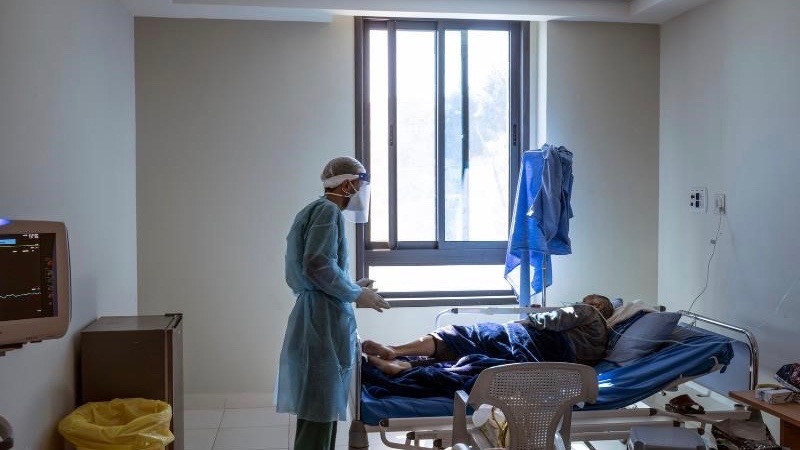Confirming several estimates about the economic impact of the COVID-19 pandemic, two complementary reports published by the World Health Organization (WHO) and the World Bank on the occasion of Universal Health Coverage Day on Sunday, December 12, stated that over half a billion people across the globe were pushed into poverty in 2020 “because they have to pay for health services out of their own pockets.”
In a joint press statement, WHO and World Bank noted that these numbers are based on data accessed before the pandemic and that “the organizations expect that that number is now considerably higher.”
WHO/@WorldBank report reveals that even prior to the #COVID19 pandemic, up to 90% of all households incurring out-of-pocket health spending were already at or below the poverty line. https://t.co/yCt340TG2d #UHCDay pic.twitter.com/Bsk2uRwcM5
— World Health Organization (WHO) (@WHO) December 12, 2021
Reports highlight the devastating impact of COVID-19 on people’s ability to obtain and pay for health care in a year that has been termed the worst since the economic crisis of the 1930s. Due to COVID-19 and its economic impact, progress made in the last two decades towards global universal health coverage has also halted or reversed in some places.
The reports underline that due to COVID-19, the existing health infrastructure of countries was stretched beyond limits leading to a drop in immunization coverage for the first time in a decade, with more than 23 million children missing out on life-saving vaccines in 2020. The report also noted that due to the diversion of resources towards combating COVID-19, deaths from diseases such as TB and malaria increased worldwide.
In 2020, as a result of disruption of health services due to the #COVID19 pandemic:
– immunization coverage dropped for the first time in 10 years
– deaths from tuberculosis and malaria increasedhttps://t.co/yCt340TG2d #UHCDay pic.twitter.com/AihhYNGRGw— World Health Organization (WHO) (@WHO) December 12, 2021
Even before the pandemic, despite the progress made by some countries, a billion people across the world were forced to spend nearly 10% of their total household budget on health care. Juan Pablo Uribe, World Bank’s global director for health, nutrition and population, said, “this is not acceptable, especially since the poorest people are hit hardest. Within a constrained fiscal space, governments will have to make tough choices to protect and increase health budgets”.
Noting that access to health care is not equal due to various economic and social factors such as poverty and racism, WHO and World Bank asked governments across the world to work for health equity by increasing their expenditure on health care, giving priority to poor and vulnerable populations. WHO asked governments to ensure that everyone gets access to health care without grave financial consequences.
On the occasion of the Universal Health Coverage Day, WHO head Dr. Tedros Adhanom Ghebreyesus asserted that the pandemic has made it clear that governments cannot be mute spectators and that there is an urgent need to increase public spending on health care and social support. In a Twitter post, he said that governments should ensure that “no one should be faced with a choice that says, in effect, “your money or your life”.”





